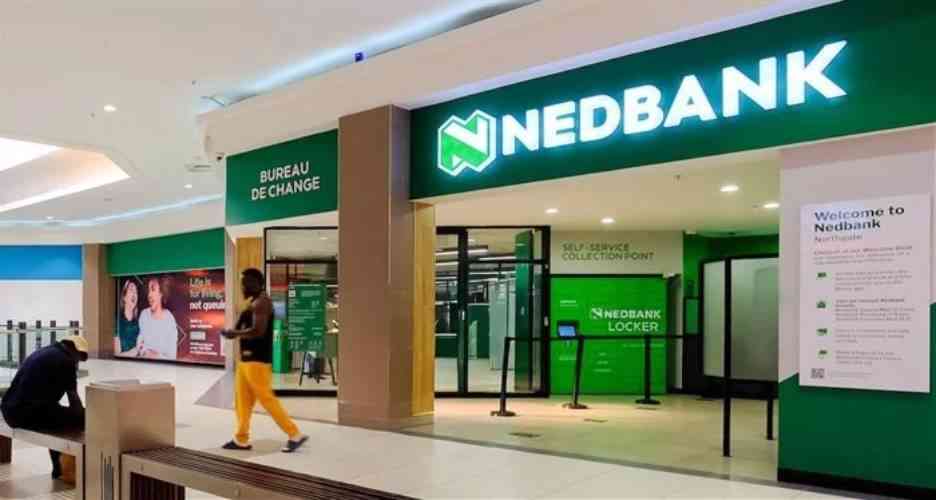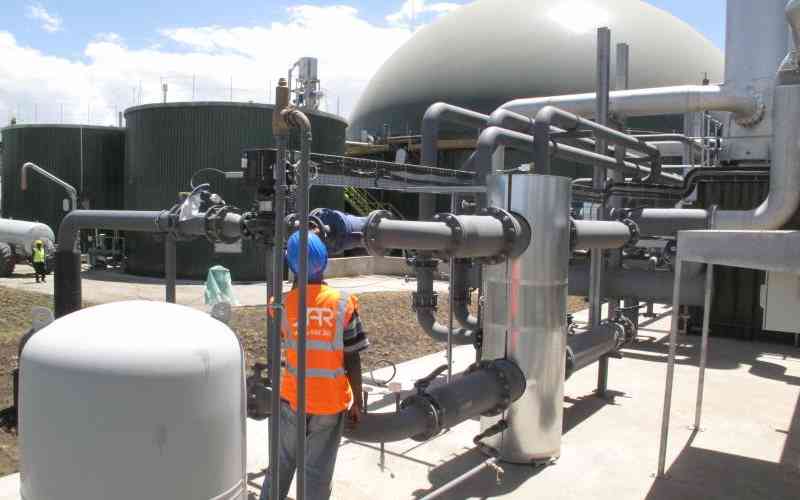×
The Standard e-Paper
Stay Informed, Even Offline

Sustainable projects are set to be the drivers of Kenya’s property market owing to the rising demand.
Real estate players including developers and financiers feel that buildings that fail on environmental, social, and governance (ESG) compliance risk being “irrelevant” in the future.







